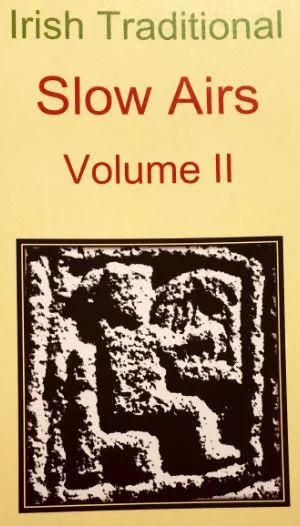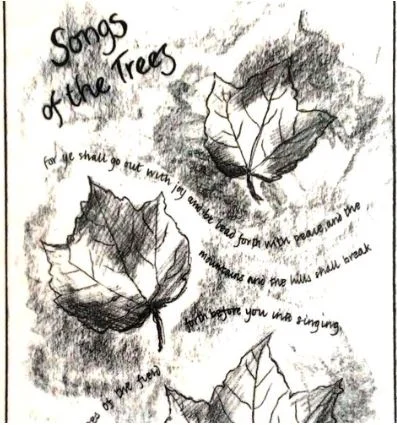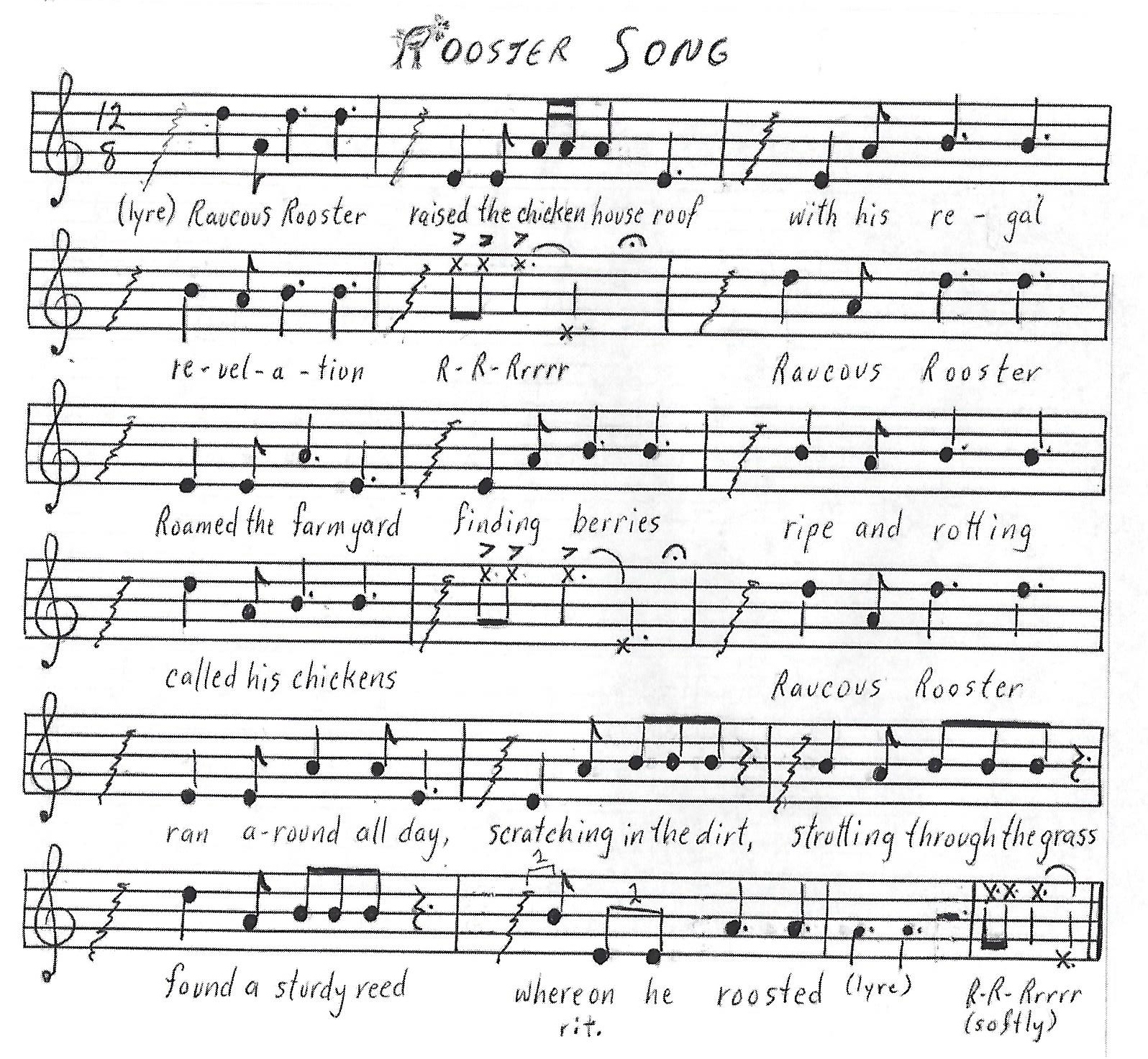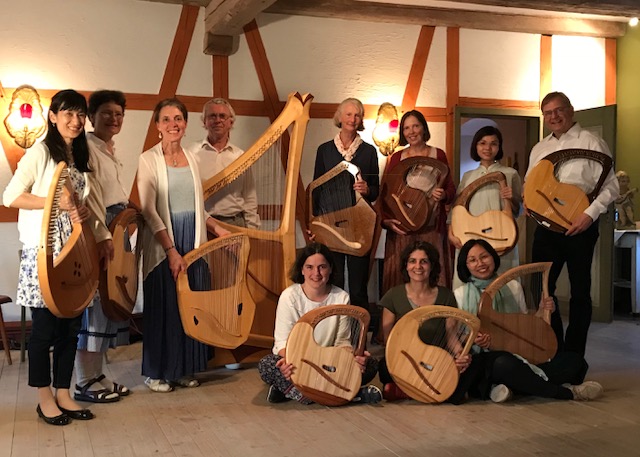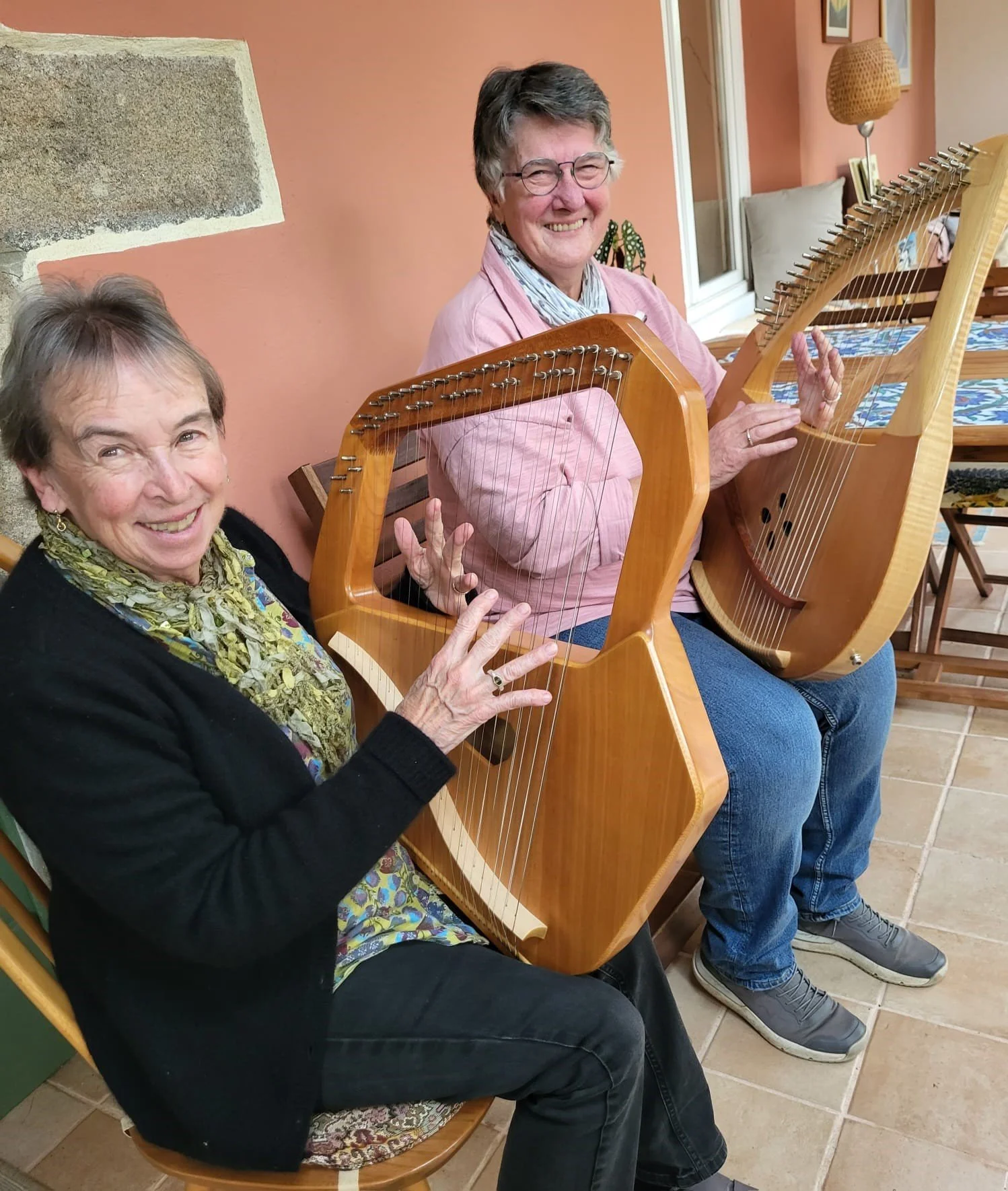By Saeko Cohn, Brooklyn, New York
December 1, 2018 will always be an unforgettable day in my life with the lyre. On that day, I accompanied two kindergarten classes with my lyre at the Advent Spiral held at the Rudolf Steiner School in New York City. It was the first time I played the instrument in public. Together with four teachers singing, in the darkness, we welcomed over 20 students in each class, playing "Over Stars," "Dona Nobis Pacem," "Marjatta," "November," "There Comes a Galley Laden," and the Hebrew song "Hava Nashira" over and over. The classroom was packed with students and their families, and we played for an hour until the last student had placed his candle and exited the spiral. We then welcomed the second group and played for another hour. Including rehearsal time, I played the lyre as a soloist for over three hours that day, in front of nearly 150 people.
Reflecting on that occasion, I am reminded of the historical facts of the near coincidental birth of the modern lyre (1926), the Advent Garden (1926) and the Rudolf Steiner School in Manhattan (1928) as the first Waldorf school in North America; of the particular impulse on the part of those visionaries who created the therapeutic musical instrument, the seasonal ritual and the school. If music is a "revelation of the cosmic world" as the anthroposophic music historian Anny Von Lange has written, the Advent Garden allowed me to have a first-hand experience of the revelatory nature of music, complemented by a sensory appreciation of the solemn beauty of candle light, the children's movements, the teachers' singing, the warmth of the room and the fresh spruce scent, while sharing all the above in time and space with the community.
A few days after the Advent Garden, I feel a new strength in the center of my body; and that the candle light placed in the spiral by those 40 kindergarten children and their teachers is now internalized in me. Never have I felt such joy and strength at this time of the year. I would like to thank Ms. Myra Friedman of the Rudolf Steiner School for kindly inviting me to play for the occasion; also my lyre teachers, Kerry Lee and Channa Seidenberg for helping me to prepare for this event. In an early stage of the preparation, Kerry provided me with an authentic edition of Pracht's "Over Stars," and also with some wonderful literature about the history of the Advent Garden; toward the end of my preparation, Channa sang along and encouraged me while I played the lyre.
Strangely, however, the most memorable moment came on Sunday morning, the day after the Advent Garden, when my four-year-old son Leon hummed "Over Stars" from the beginning to the end, while he was playing with his toy trains. I was all ears, nearly petrified, pretending not to notice anything. My heart was trembling. How had he learned the song? I hardly ever played the melody of the song, because I was only concerned with learning the arpeggio accompaniment. I must have been singing unconsciously, while practicing "Over Stars" every day of the previous six weeks. Leon was too young to participate in the Advent Garden at school this year. I hope to accompany him next year!
On December 2, I also played the lyre at an Advent Garden at the New York branch of the Anthroposophical Society in America. This was a cozy gathering of thirteen adults, and we closed the evening with my playing the introduction to Leonard Bernstein's "A Simple Song." Performing at these two Advent Gardens made me realize that the sound of the modern lyre is inherently relational and therapeutic, and unlike other solo instruments, it thrives when it is played for people in a communal setting. I am grateful for having had these first opportunities to share the joy of lyre playing with others, and look forward to further musical interactions in the future.




